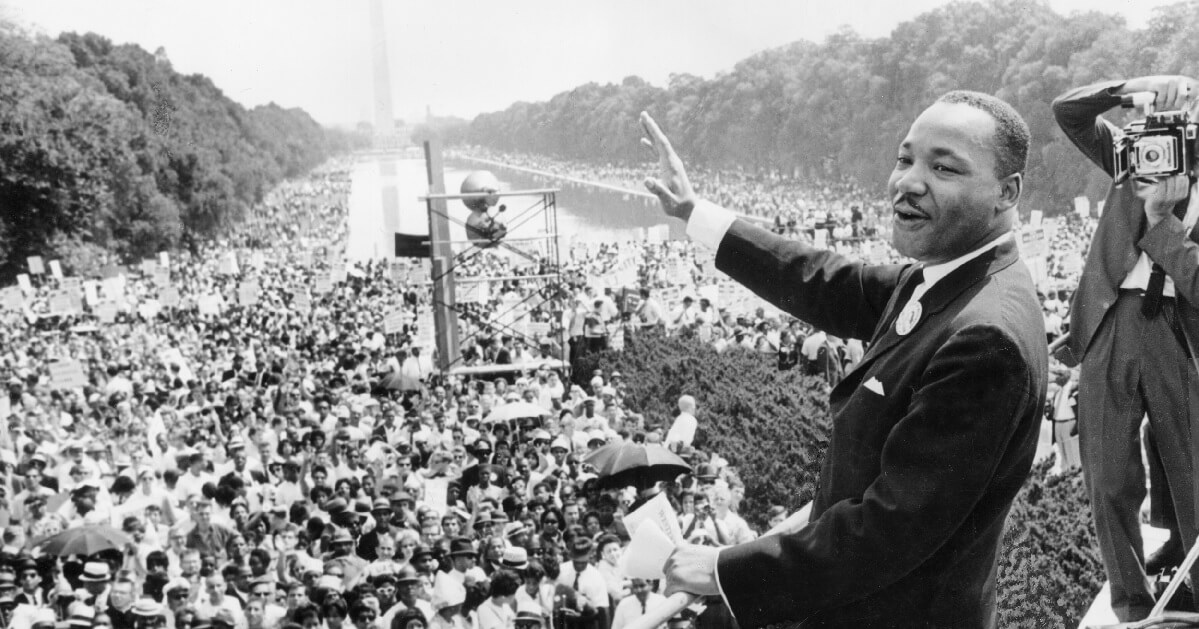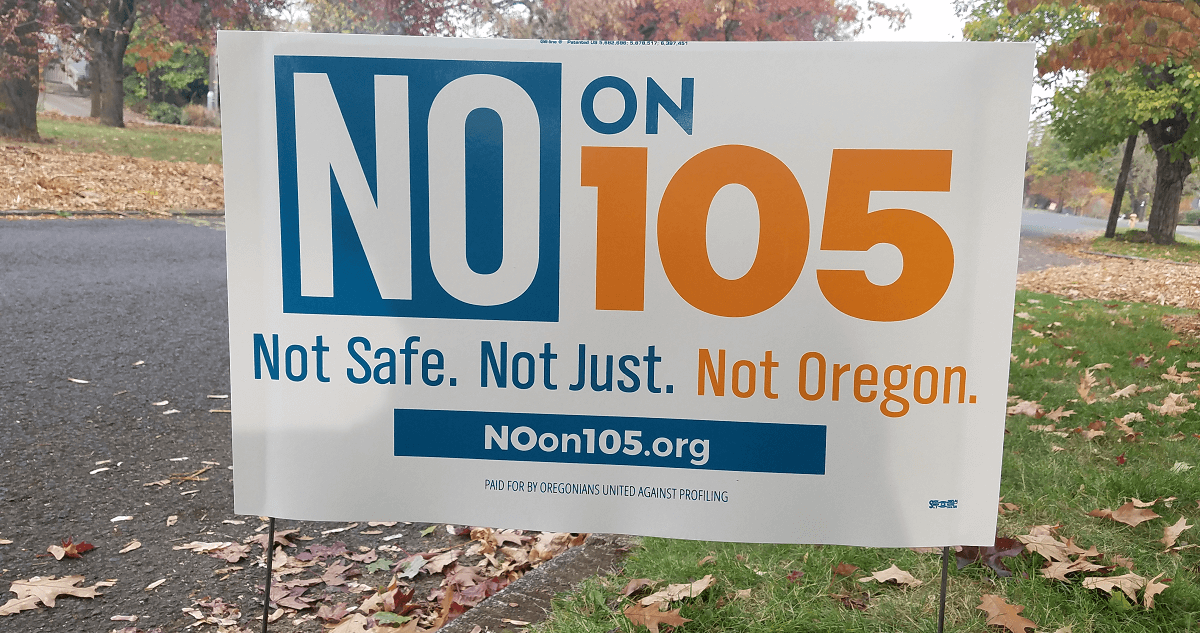
Dismantling racial inequities requires better data
When the Rev. Dr. Martin Luther King, Jr., stood in front of the Lincoln Memorial to deliver his famed I Have a Dream speech, he called for bold action that would open the “great vaults of opportunity” that America promised for all.



